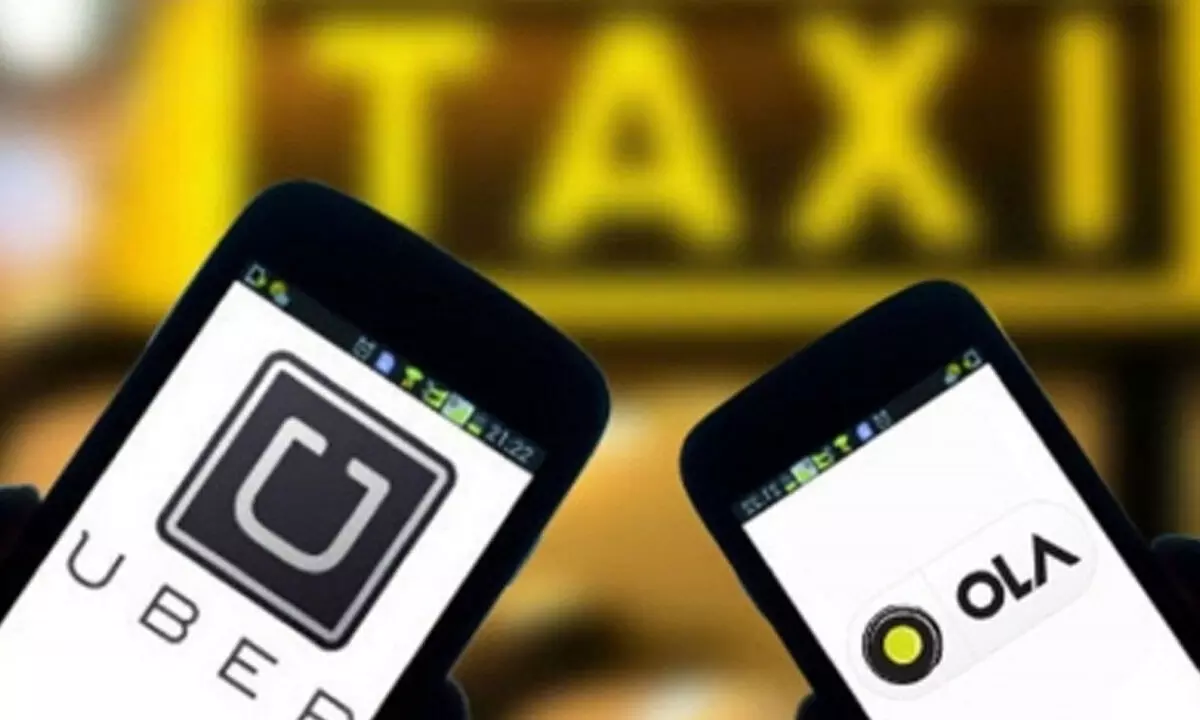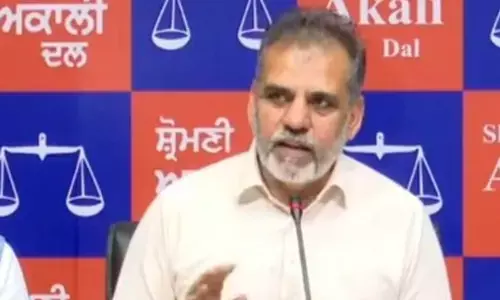Ola, Uber, Porter provide zero working conditions for gig workers: Report
Share :

Ride-hailing companies Ola and Uber, along with logistics firm Porter, provide zero working conditions for gig workers, according to a report on Tuesday.
New Delhi: Ride-hailing companies Ola and Uber, along with logistics firm Porter, provide zero working conditions for gig workers, according to a report on Tuesday.
The report by Bengaluru-based Fairwork India underscores labour standards within India’s platform economy and emphasises the urgent need to improve conditions for gig workers.
The report showed that countless drivers are caught in the web of platform promises, shifting public behaviour, and impersonal support systems offered by Ola and Uber.
Natarajan, a 44-year-old, experienced driver from Chennai calls these companies “vittal poochi [winged termites]”, which offer big promises for drivers to join and not deliver later. Captivated by Ola’s promises and offers, Natarajan joined as a cab driver in 2017.
“Once companies gained the trust of the drivers, they began to cut down on the offers and opportunities they gave earlier,” he said.
“But drivers are stuck there, we have no other way, it is impossible for us to go outside Ola or Uber and form a separate [taxi] stand and run it now.”
Natarajan also lamented that the emergence of platforms has changed public behaviour and made it difficult for drivers to go outside these platforms.
He noted that features like “constant tracking and emergency support” act as lucrative options for the public for being trustworthy and safer than other cab services.
Further, automation has also affected the drivers, as it has become more challenging for drivers to voice their concerns, said Natarajan.
“The automated AI responses feel impersonal: there is this same answer, ‘We will take this into consideration’, which makes me feel like they don’t care.
The report was based on the interviews of 440 workers from the 11 platforms in five cities. It assesses the 11 platforms against five principles: fair pay, fair conditions, fair contracts, fair management, and fair representation.
These platforms were Amazon Flex, Bigbasket, BluSmart, Flipkart, Ola, Porter, Swiggy, Uber, Urban Company, Zepto, and Zomato. These offer location-based services in sectors such as domestic and personal care, logistics, food delivery, and transportation.









